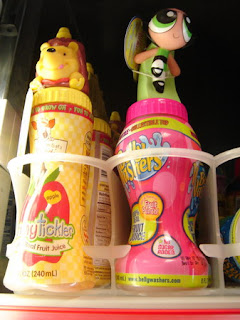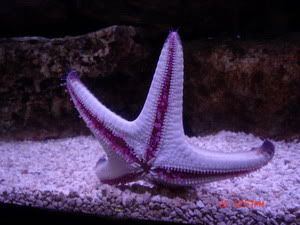Petronas ads never fail to impress me.
Here's one of them.
------------------------------------------
An interesting article from NST Online by Brian Yap
I DIDN’T choose to be Malaysian. And, I suspect, neither did almost all of you. Unless I was singled out, I don’t think any of us were given a say in certain matters: Our place of birth, ethnic background, or our parents.
We are all, ultimately, individuals. We might be affected by those around us, the environment in which we were raised, and the collective history of our racial, religious and other identities. But in the end, we are all defined by the choices we make, and not the answer we fill in a registration form.
Nationality, ethnicity and sex, I’ve always felt, are unusual attributes to take pride in. Especially considering I had no say in any of those things. If I did, I might have chosen to be Spanish because they take siestas in the middle of the day, something I often wish I could do.
Or I might have chosen to be a woman because so much of the world’s woes are caused by men with too much testosterone. I don’t think anyone should be embarrassed about who they are, of course. That’s silly. But it seems even sillier to take pride in something that you have absolutely zero contribution to.
Now, don’t get me wrong. I do have a tremendous amount of respect and gratitude for those who have fought and sacrificed to make this country a better place. All of them, including those who failed. They are all heroes in my book. But I cannot take credit for anything that happened before I was born. And neither can many Malaysians out there. Merdeka would have happened regardless of my existence. The past, after all, is what it is.
We do, however, have a say in what being Malaysian means today. My being Malaysian might not have been a conscious decision, but it is nevertheless a reality for me, as well as for the other Malaysians who have to deal with me.
Therefore, I have to stake a claim in the country’s affairs, not so much because of lofty ideas like pride and patriotism, but simply because it affects me. This is, for better or worse, my home. I have too much at stake to let everyone else have their way.
The meaning of being Malaysian is a perennial question that has no definitive answer. From time to time, we wonder about the definition of this country, hoping that it could be encapsulated in a one-page document. It might not be a nice thing to say considering the patriotic mood everywhere, but I don’t believe there’s too much that’s unique to Malaysia.
Durians? Thais, Singaporeans and Indonesians eat them, too. Our language? The Indonesians speak a form of it, as do southern Thais.
Our multiethnic makeup? Many cities in the developed world are far more multiethnic than we are. In many cases, they have progressed even further in this respect, with policies that are far more inclusive than ours.
Our Malaysian cuisine? Perhaps. But close variations of many of our dishes can be found in the kitchens of our neighbouring countries too.
The manner in which we practise Islam? It can be argued that Turkey, for all its political troubles of late, is also a good example of a Muslim-majority nation with a moderate outlook.
No. What is truly unique about Malaysia, I believe, is each and every one of us. The decisions we make as individuals, the ideas we pursue, the actions we take. For better or worse, that is what sets Malaysia apart from anywhere else in the world: The people who live here. Whatever our histories, we are all citizens of this nation today, inheritors of the result of many decisions made in the past, good and bad.
While still important to many Malaysians, the question of whose ancestors came here first or second is meaningless. It is not our past that defines us, but our present.
We can talk a lot about being proud of our heritage, of our history, or how the races came together to fight for independence. They are all valid sentiments. But they do not fully represent Malaysia as it is today.
My point, I suppose, is that I hope for more people to take pride in the way they lead their lives today instead of merely how others led theirs in the past. We might not have had a choice in being Malaysian, but we do have a choice in deciding what that means.



























































